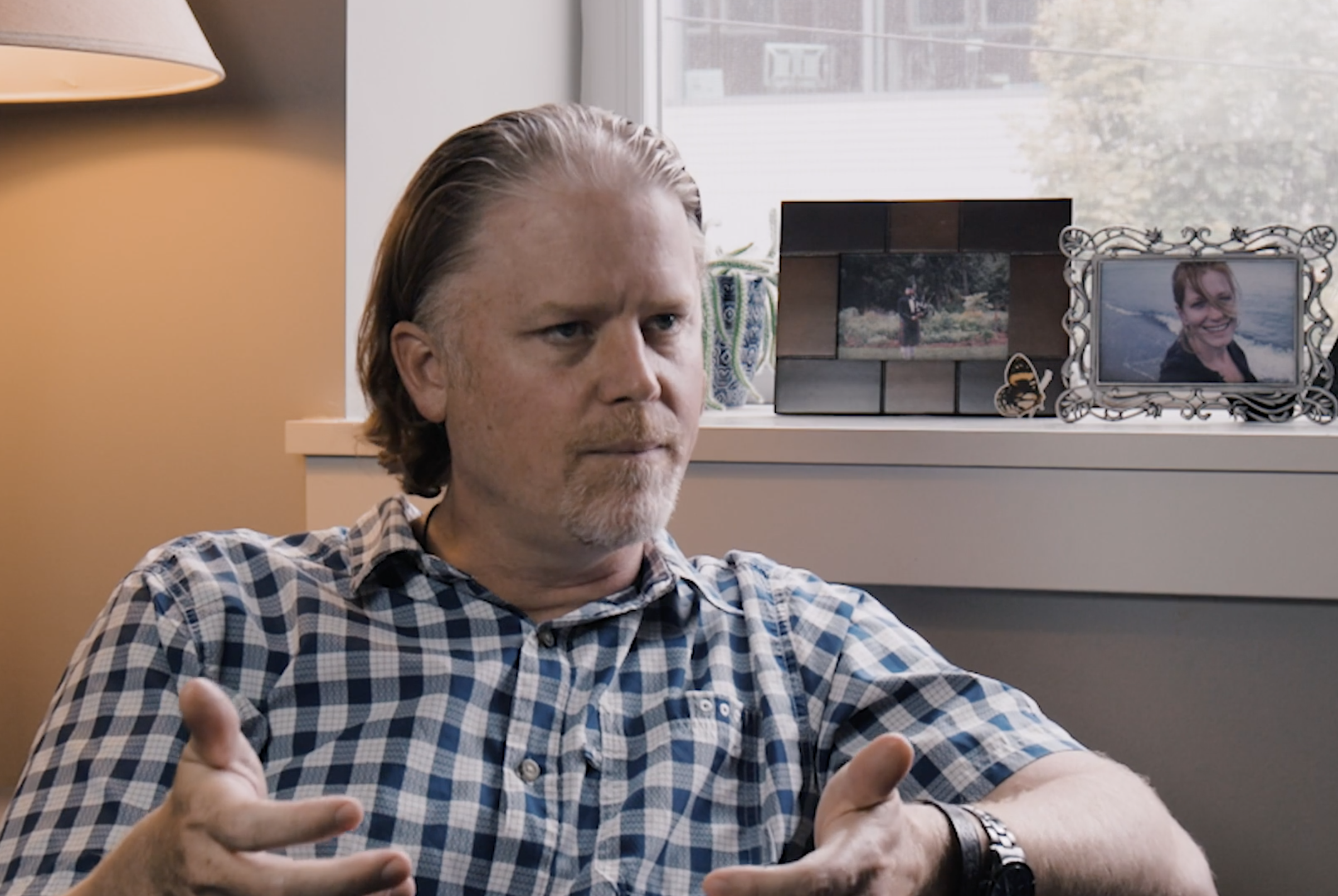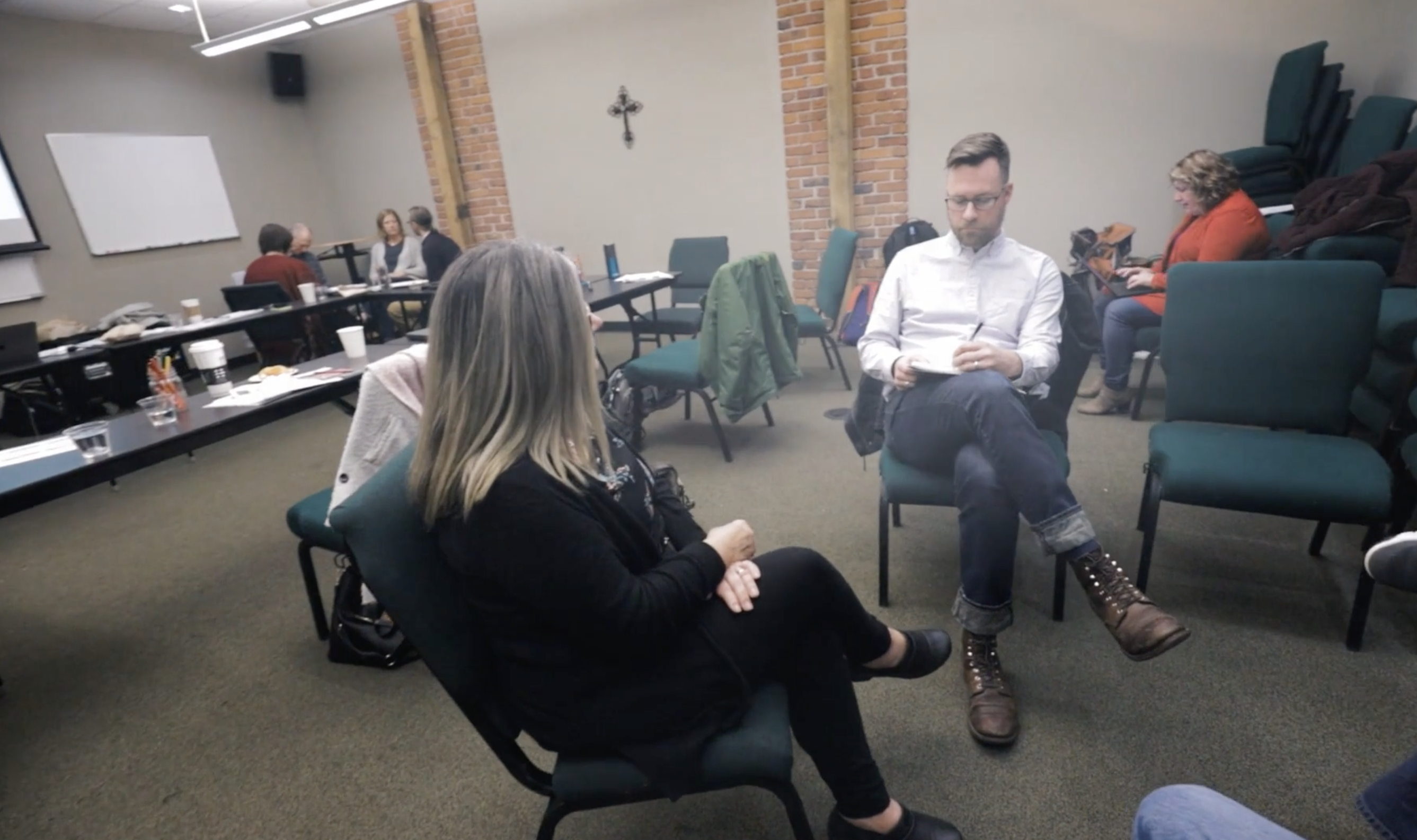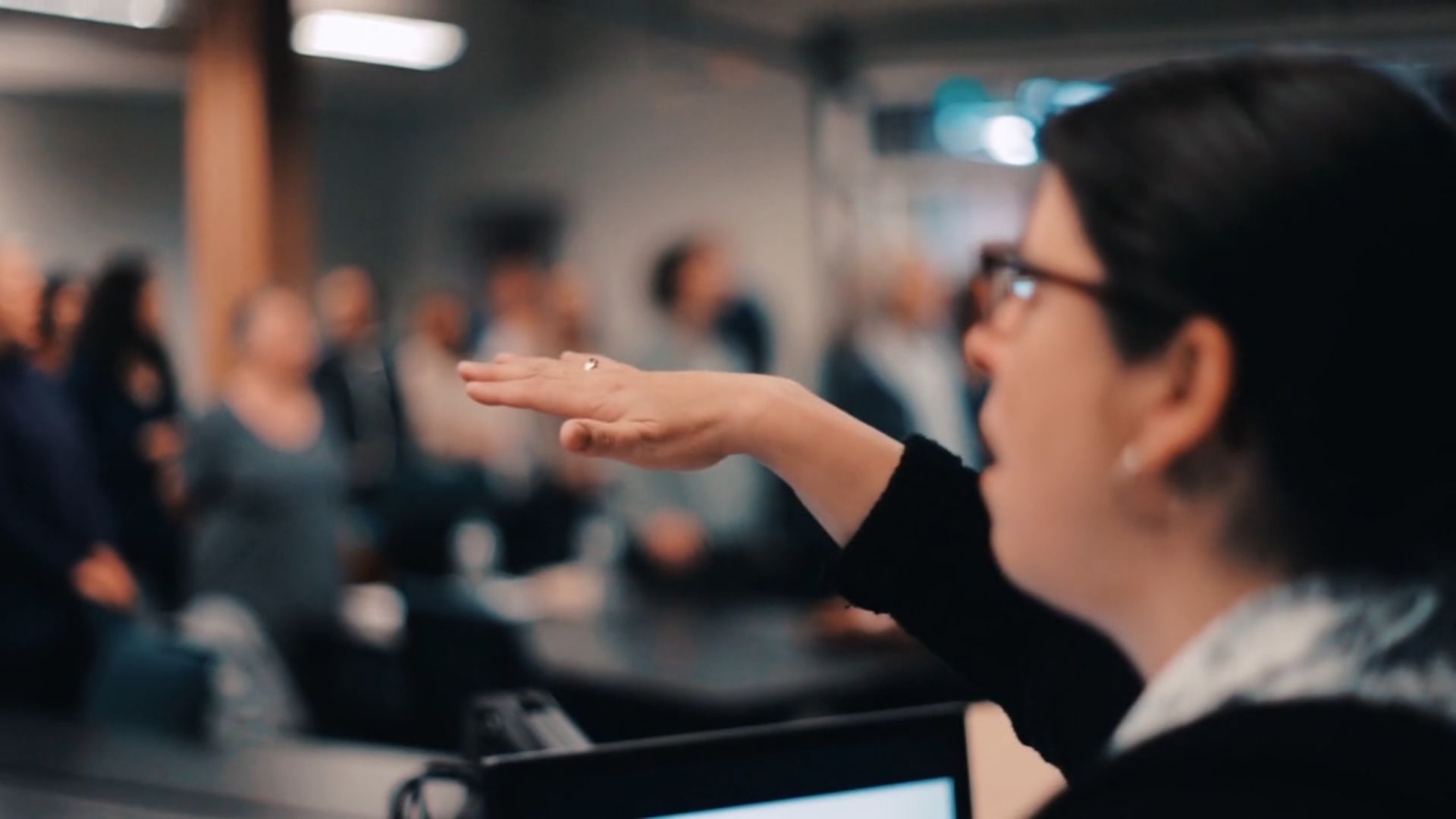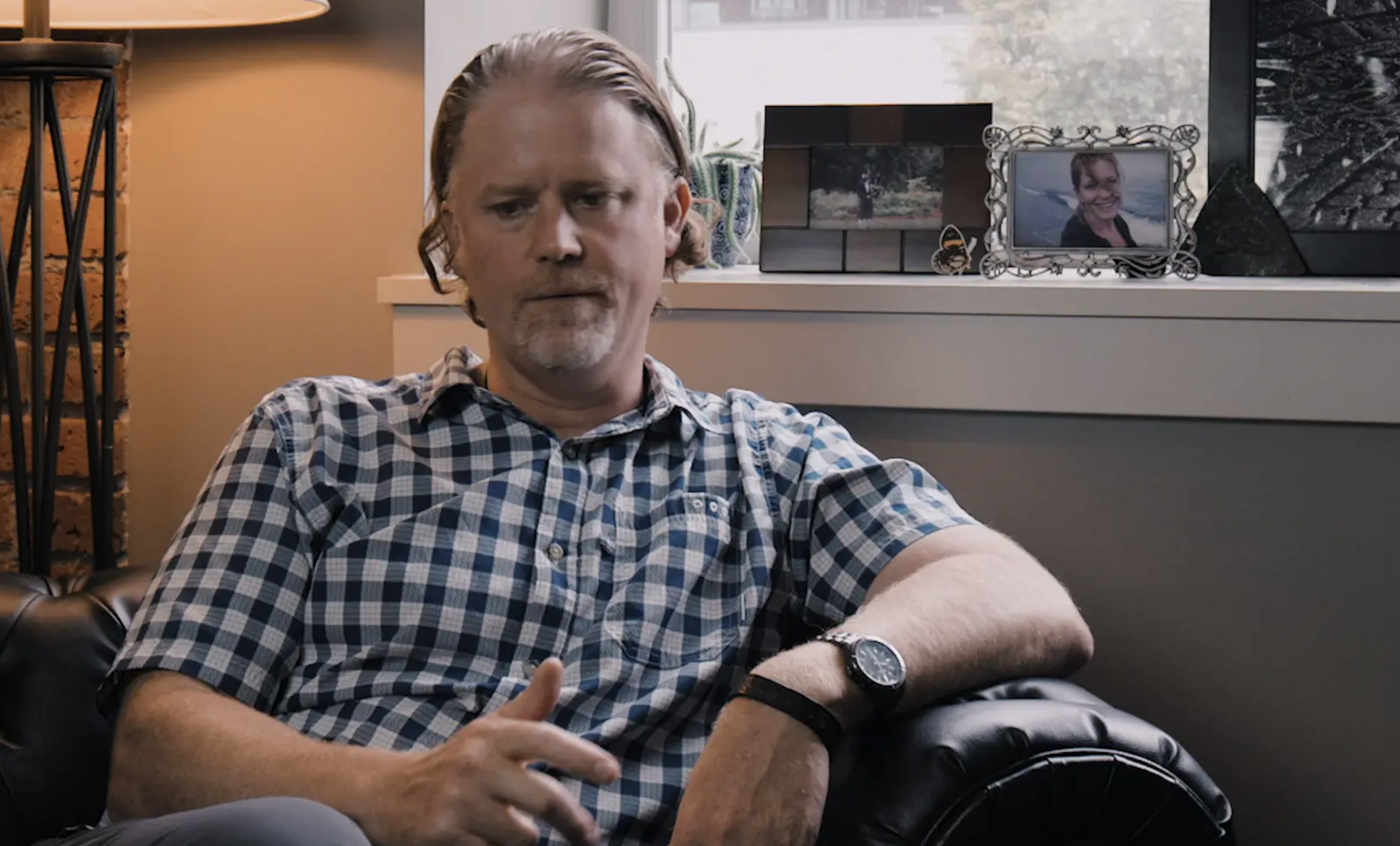
Common Curriculum
Responding to a culture in flux
9 credits
5 hands-on labs
3 intersecting degree programs
We live in an age of globalization and fragmentation, hyper-connectivity and deep disconnection, ever-advancing technology and declining empathy. What do transforming relationships look like in this complex time?
We are a community of deeply present practitioners, responding to an activated society. Our commitment to text.soul.culture is at the core of our curriculum and cultivates the skills required to carry out the sacred work of tending to a fragmented society.
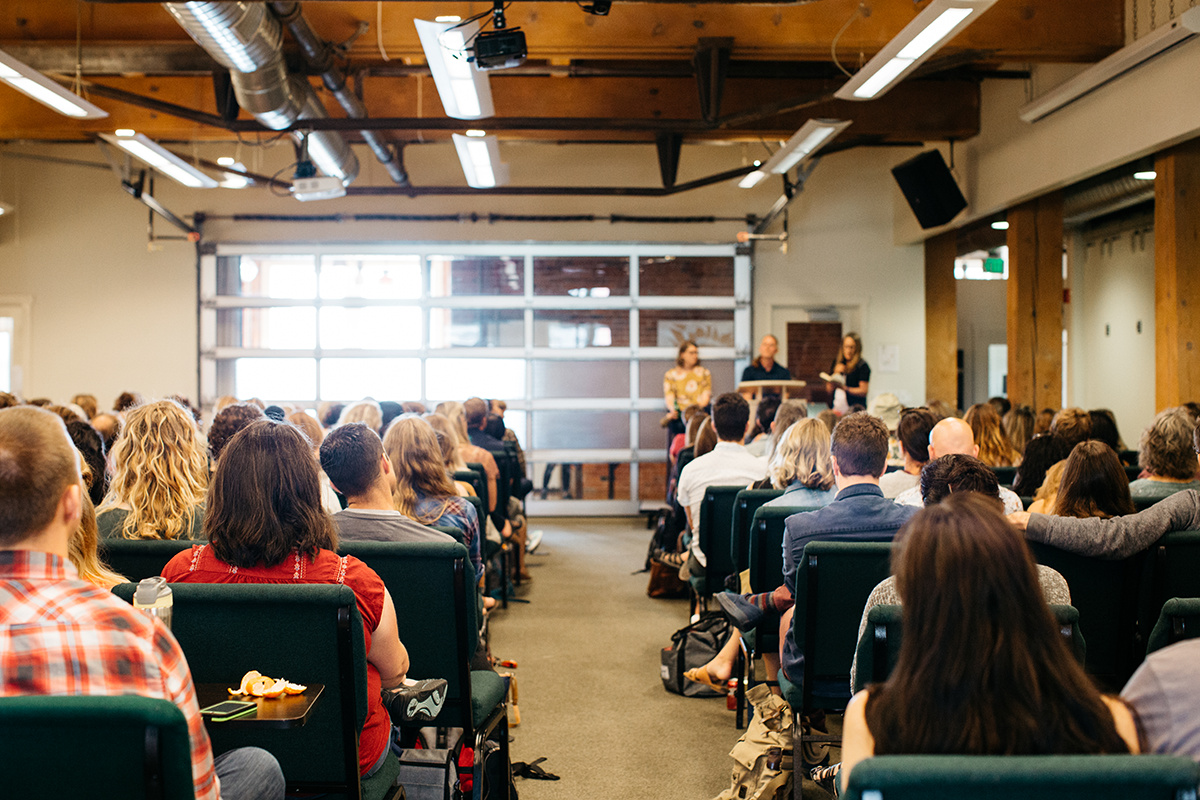
Now more than ever, the world needs light-bringers, truth-tellers, and change-makers in the form of pastors, therapists, social leaders, and artists to join God in the restoration of their communities. Come learn with us!
Interdisciplinary study is what makes learning at The Seattle School unique. Our Common Curriculum is a shared, year-long formation experience for students in our MA in Theology & Culture and MA in Counseling Psychology programs designed to develop thoughtful, adaptive leaders and practitioners. Our curriculum brings multiple disciplines and perspectives together for the sake of engaging the complex challenges in the world today and the nuanced matters of the heart with wisdom and care.

Through this common curriculum, you will:
- Develop and articulate an integrated theological anthropology synthesizing biblical, cultural, psychological, and theological studies.
- Examine and articulate diverse methodologies of interpretation and various models of knowing with reference to their limits and validity.
- Critically reflect and respond to being embedded in one’s own context, cultures, and systems and our complicity in contemporary problems generated by social fragmentation.
- Explore and articulate awareness of how one’s particular narratives impact others and the call to love God and all creation.
“At the crux of our Common Curriculum is the desire to help our learners to have a robust curiosity and growing understanding of God, neighbor, and the space between. The Common Curriculum is a year-long experience that is a continuous, interdisciplinary look at the places where psychology, theology, philosophy, sociology, anthropology intersect. We aim to make the implicit explicit through experiential learning for the sake of embodied practice.”
Dr. Doug Shirley, Associate Professor of Counseling Pscyhology
Common Curriculum at The Seattle School
Gaining expertise in a discipline provides a lens, but any lens has affordances and constraints. Interdisciplinary learning invites you to develop multiple lenses, allowing you as the practitioner to take up multiple lenses to see and engage the world. Our Common Curriculum is a series of interdisciplinary courses taken during your first year of your program. The Common Curriculum courses integrate the study of theology, biblical studies, psychology, anthropology, and culture in order to provide you a foundation for integrative learning through the remainder of your program. You can view more in-depth course descriptions here.
Fall
IDS 501 Intersections: Interdisciplinary Inquiry & Psychological Frameworks | 2 credits
IDS 504 Critical Reading Lab | 1 credit
IDS 520 Listening Lab (Part I) | 1 credit
During your first term, you will explore interdisciplinary perspectives on complex problems that affect and reveal the human condition through a complementary lecture course and lab course. In the IDS 501 lecture course, you will examine issues pertaining to diversities of one’s locatedness, experience, oppressive systems and institutionalized marginalization, and social fragmentation through an interdisciplinary framework of theology, psychology, and biblical studies In the complementary seminar-style IDS 504 Critical Reading Lab, students and a faculty facilitator will explore what it means to know and to learn, particularly as it relates to interdisciplinary and integrative work. The guiding questions will be: How do we know what we know, and how do we practice what we know? IDS 520 Listening Lab is an experiential, relational space that takes place over two terms. It is designed to cultivate deep listening, emotional intelligence, capacity for self-reflection, and thoughtful vulnerability through the sharing of stories, listening to others, and attending to the group.
Winter
IDS 502 Intersections: Biblical Traditions & Theological Formations | 2 credits
IDS 505 Contextual Learning Lab | 1 credit
IDS 521 Listening Lab (Part II) | 1 credit
During your second term, you will explore interdisciplinary perspectives on complex problems that affect biblical interpretive traditions and theological formations. In the IDS 502 lecture course, you will engage real-world implications of the doctrine of God, the incarnation of God in Jesus Christ, and the Holy Spirit from an interdisciplinary framework of theology, psychology, and biblical studies. The IDS 505 Contextual Learning Lab will ground interdisciplinary inquiry within the reality of your everyday life, giving you the opportunity to listen as a storied, located, and bodied human being, providing skills for ways of loving God and neighbor within your place’s ecosystem unto the common good. You’ll also continue growing your skills in deep listening in IDS 521 Listening Lab (Part II).
Spring
IDS 503 Intersections: Textual Integrations | 1 credit
The work of the third term is an invitation to synthesize your learning from your first year Common Curriculum experience. In IDS 503, you will write a culminating theological anthropology paper, where you will engage the question of what it means to be a human person and bring together your accumulated research, reading, and annotated bibliographies from the IDS 501 & 502 courses. This writing is an opportunity to dig deep into the question of what it means to be a human person with faculty advising and peer-to-peer collaboration. Your theological and psychological anthropology that will serve as an important contribution to the student’s vocation and ongoing integration of theology & psychology.
Ready for the next step?
Connect with us! Request more information or apply today, and we’ll send you everything you need to know to begin your journey.

